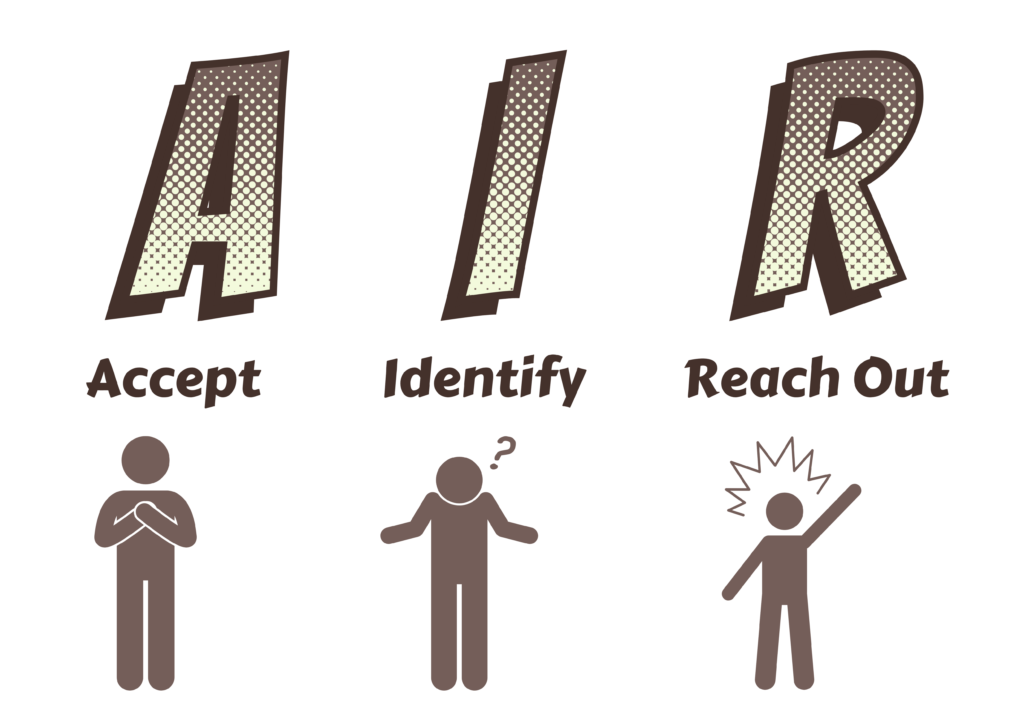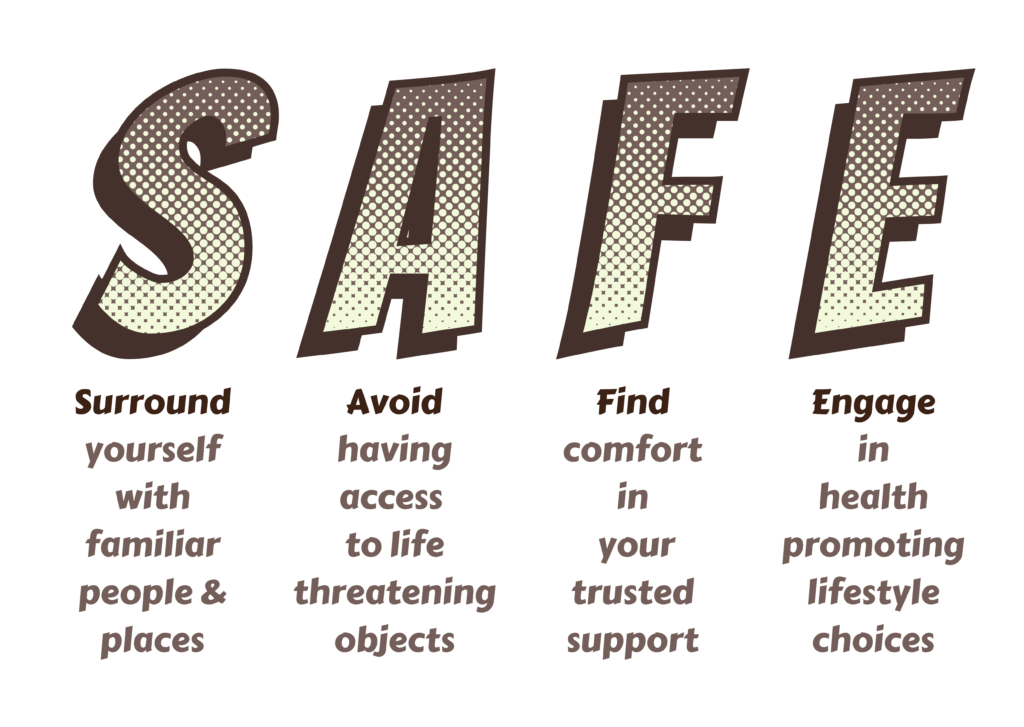Everyone experiences crisis at some point in their lives. Many a time, people are unaware of what others go through. In an emotional storm, there is a lack of clarity triggered by racing thoughts. It, in turn, creates different emotional responses which color one’s perspective and behaviour at the moment. The mighty problem before you seem unsolvable and makes you feel hopeless, helpless and worthless. Hence, feeling distressed in a crisis is normal.
Being in a crisis like standing under thick grey clouds– all you see is darkness. But, when you step out of this ‘grey cover’ and reach for help, you can access the light to reduce the darkness and get a much-needed ray of hope. Getting this help will help you change your thoughts so that you have more control over how you feel and ultimately, act.
You reaching out to the Helpie crisis line for help and support in itself means you are responsible and have prioritized your safety. You thus get the benefit of accessing ‘Helpie Basic Resources for Individuals in crisis’ [HELPIE BRIC]. The resources you access here are essentially empowering and aim to guide you in putting problems into perspective. They help you to attend to the immediate underlying concerns and stay safe until the storm calms.
To summarize in simple terms, you need AIR to survive in life and crisis.
- Accept – Accept that it is OKAY to think, feel and react in specific ways when facing a crisis.
- Identify – Identify how a crisis is affecting you. Understanding why you are feeling a certain way gives you the much-needed strength and momentum to think with clarity. You can then control how you feel and consequently react.
- Reach out – Reach out and keep reaching out till you get the help and support. Everyone’s crisis and needs are different. Some need more help. Not reaching out to seek help at the right time can have devastating consequences to yourself and others around. Focus communicating about the crisis to someone safe rather than just staring blankly at the crisis this point of time. Establish a communication channel to keep family and friends informed and be open to accepting offers of help.
In acceptance, understanding and support lies the key to securing the safety lock.
Keeping yourself SAFE through a crisis helps you be in control of your SAFETY & WELLBEING
- Surround yourself with familiar people & places
- Avoid having access to life-threatening objects (lethal means)
- Find comfort in your trusted support
- Engage in Health Promoting Lifestyle choices
RECOGNIZE your problem, RELY on your support & RESOLVE your crisis.



